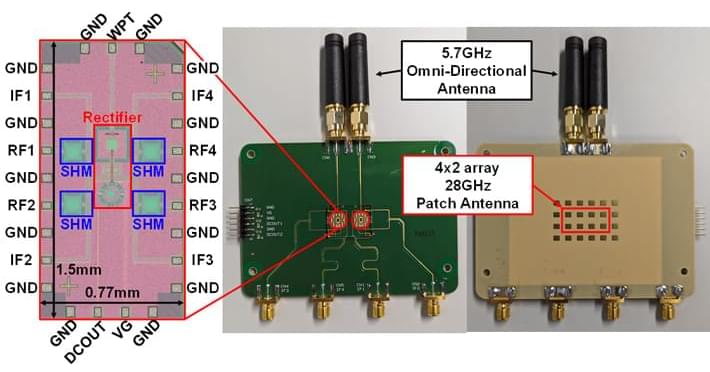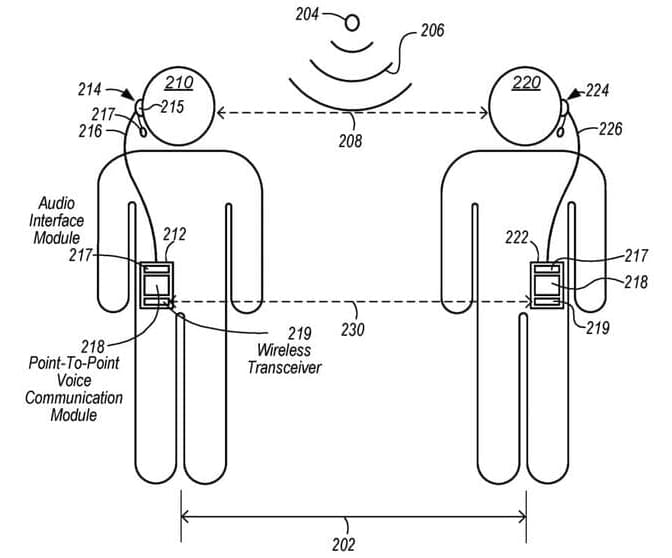In an era where the internet connects virtually every aspect of our lives, the security of information systems has become paramount. Safeguarding critical databases containing private and commercial information presents a formidable challenge, driving researchers to explore advanced encryption techniques for enhanced protection.
Data encryption, a cornerstone of modern security practices, transforms readable plaintext into encoded ciphertext, ensuring that only authorized recipients can decipher the data using a decryption key or password. Optical techniques have emerged as promising tools for encryption due to their capabilities for parallel, high-speed transmission, and low-power consumption. However, traditional optical encryption systems often suffer from vulnerabilities where plaintext-ciphertext forms remain identical, potentially compromising security.
Reporting in Advanced Photonics Nexus, scientists have unveiled an approach inspired by bio-inspired neuromorphic imaging and speckle correlography. Their innovative technique leverages computational neuromorphic imaging (CNI) to encrypt images into event-stream ciphertexts, marking a significant departure from conventional methods. This method introduces a new paradigm in optical encryption by converting data into event-driven formats, thereby significantly enhancing security and complexity.






